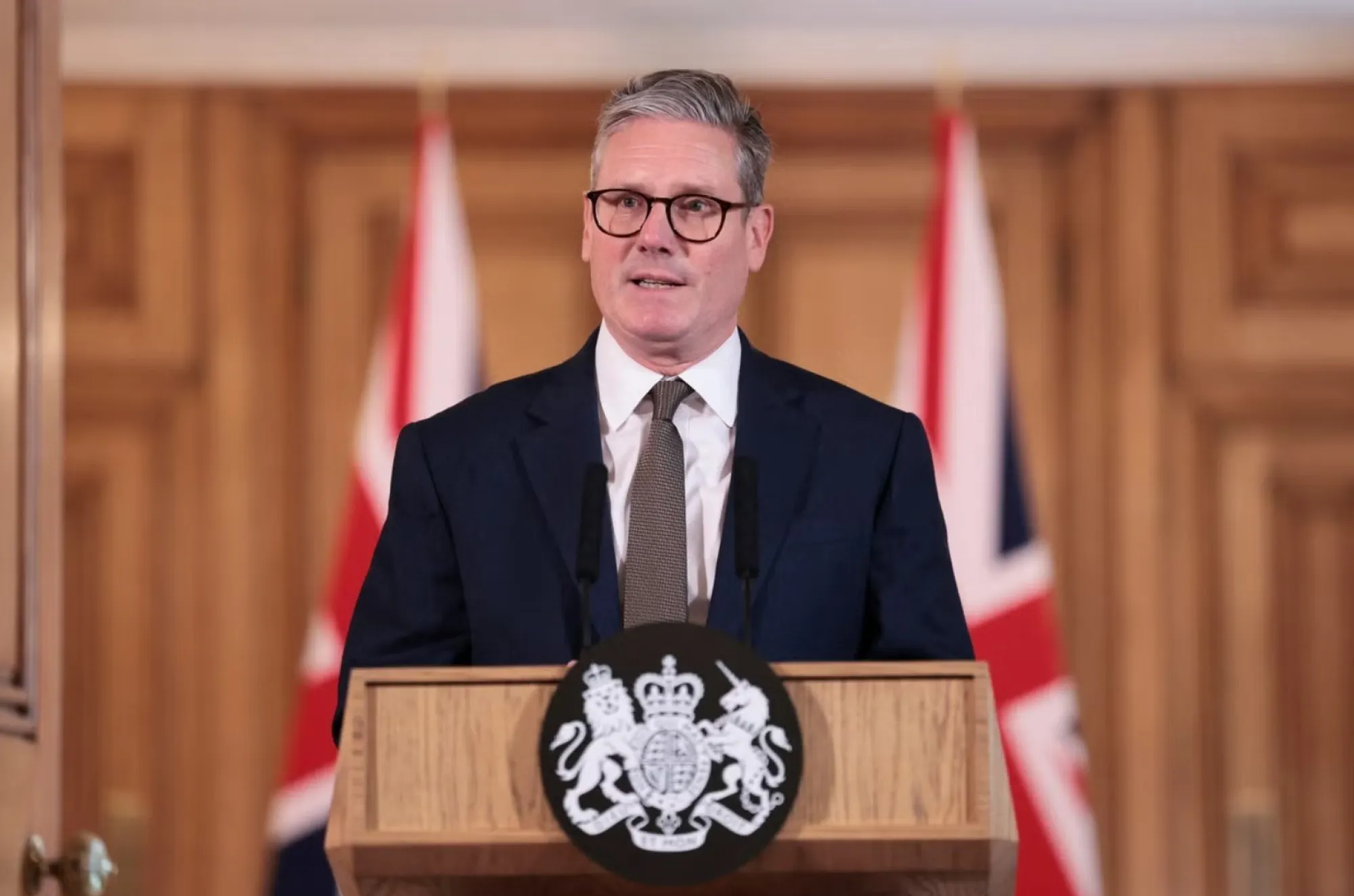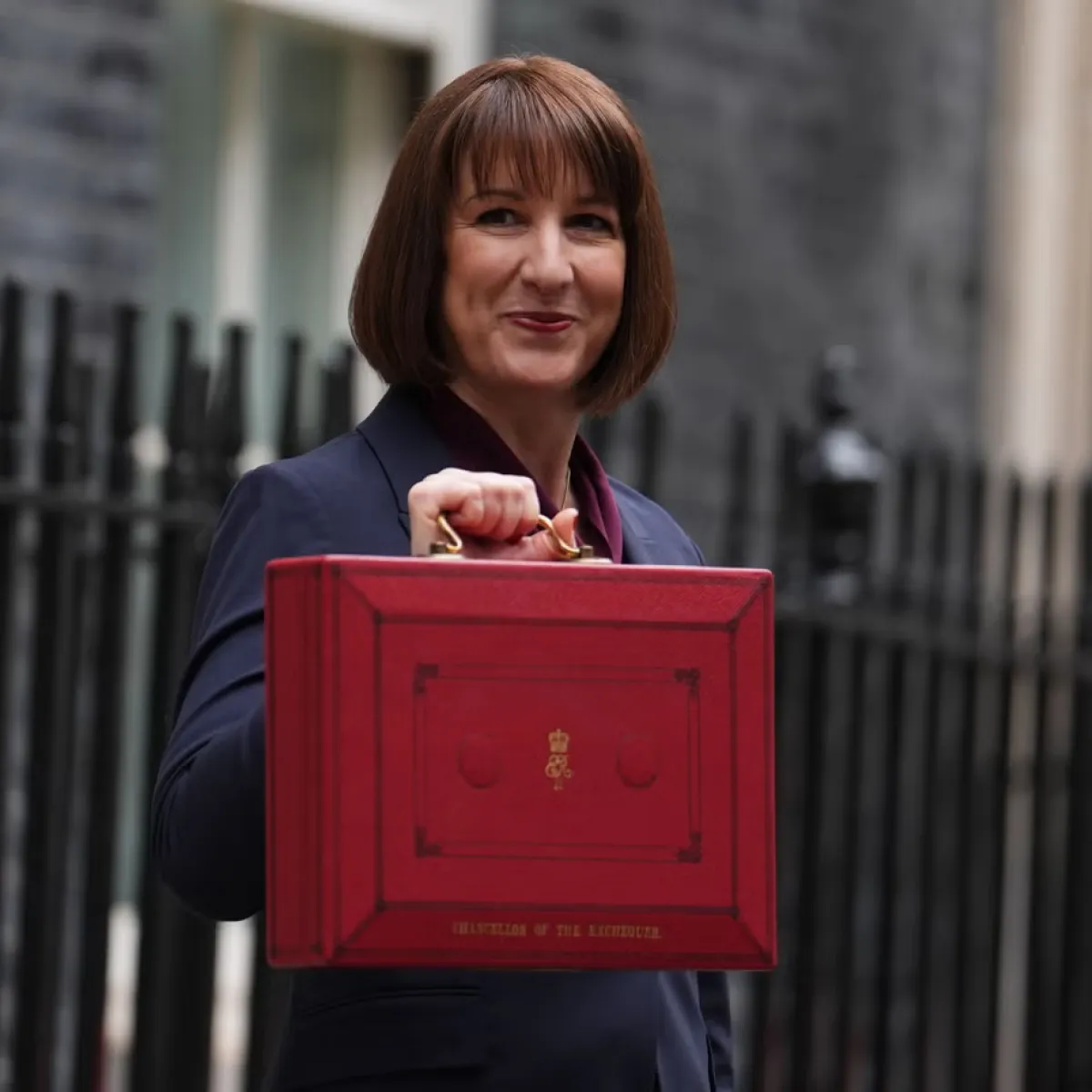This website uses cookies. Learn more
Philip Collins: Sue Gray's Sh*T List
First published in Political Capital - our weekly public affairs and polling news drop.

Philip Collins, Founder of The Draft, chief speechwriter to former Prime Minister Tony Blair and Senior Advisor to Lansons unpacks the long list of immediate challenges that face Sir Keir Starmer’s new Labour Government.

Stand by for a torrent of pieces that compare Sir Keir Starmer to Gareth Southgate.
Two palpably decent leaders overseeing a relatively dull passage to the final days, reliant more on the failings of others than on the brilliance of your own team. A victory whose legitimacy is questioned.
Yet in both cases, at least at the time of writing, there is the fact of victory.
It is true that Labour won just 33.7 per cent of the popular vote and it is true that goodwill will not last long. It is true that turnout was low, at 60 per cent, and that Labour’s vote share was the lowest to produce a workable majority in the history of British politics. But an overall majority of 174 makes governing possible, if never easy. There is no question that this is a monumental political achievement which now stands to Starmer’s credit.
The first signs have been good. Starmer looks comfortable in office and it was fortunate that his first engagement should be a NATO summit which gives him the opportunity to look and sound Prime Ministerial.
A visit to the White House helps too. Back at home, the growth data were higher than expected at 0.4 per cent for May. The head of the Office for National Statistics added to the optimism by commending Jeremy Hunt and Rishi Sunak for their stewardship of the economy. It all made it even more unfathomable why Sunak decided to have a general election when he was more than 20 points behind in the opinion polls.
But soon the trouble will start.
The honeymoon cannot last long. Sue Gray, the chief of staff in Downing Street, has drawn up what she has indelicately called “a shit list” of the pressing problems that a Labour government will inherit.
The first problem on the list is the possible collapse of Thames Water which is £15.64 billion in debt and owned by a company called Kemble, which is itself apparently close to insolvency. Ofwat has already rejected Kemble’s plan to raise the bills of customers by 40 per cent above inflation over the next five years.
The second item is the round of public sector pay negotiations.
The Institute for Government has pointed out that public services have faced, over the last year, the highest level of disruption from strikes in a quarter of a century. Nurses, ambulance drivers, teachers, junior doctors and consultants have all withdrawn their labour. Wes Streeting, the new Health Secretary, has already advertised that he intends to resolve the dispute with the junior doctors. It will be the first serious test of the government’s mettle.
The third item on Sue Gray’s list is the parlous state of some public services.
British prisons are now at 109 per cent of capacity. It is probable that, in the early days of a Labour government, some universities will go under. A report commissioned by Universities UK from PwC notes that 40 percent of English and Northern Irish universities are expected to go into the red this year.
The NHS also needs a cash injection. The British Medical Journal has reported that, unless there is £8.5 billion forthcoming, Wes Streeting has little chance of cutting waiting lists.
Though all of these problems are real enough, perhaps the most intractable might be the fact that half of all local councils have announced that they will be forced to declare effective bankruptcy within five years.
Between 2009 and 2019 central government grant funding for councils dropped by 40 per cent in real terms. The Local Government Association has estimated that local authorities in England face a funding gap of £4bn over the next two years.
This is a list of problems to frighten any new government but in fact there is more even than that. Throw in the crisis in social care, planning reform, the shortage of teachers and the lack of housing and you have a government that is going to have to act on many fronts at once.
The next big moment will be the King’s Speech on 17 July.
This will be the next promissory note, the next moment at which the new government will declare what it would like to do. There will be precious little in the way of detail and a lot of work will be post-dated. Political caution has provided a mandate for radicalism.
It is time to get something done.
**
Want to understand what a Labour government means for your organisation, and industry?
We're hosting Labour workshops with policy experts to help organisations, brands and associations better understand the upcoming landscape, opportunities and challenges posed to them under a Labour Government. To find out more, get in touch with our team.
Stay in the loop with our experts




New Business: to find out how we can help you, contact our dedicated new businesss team consultancy@lansons.com
Careers: we’d love to hear from you, please visit our careers hub











